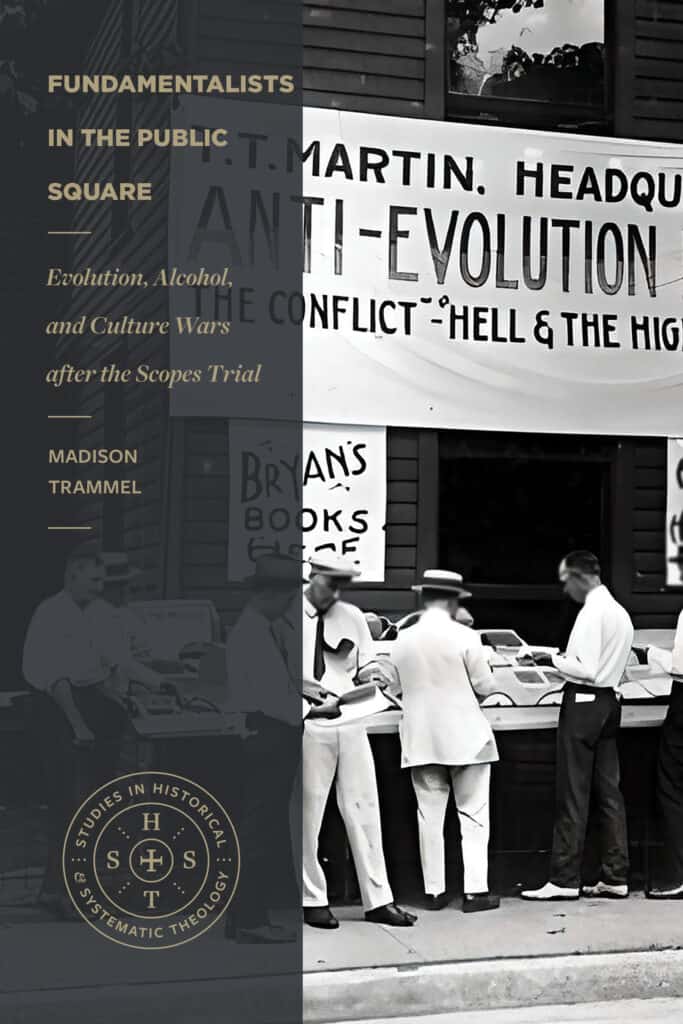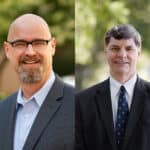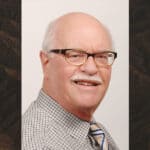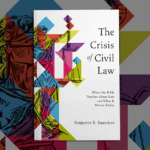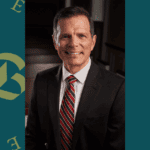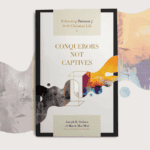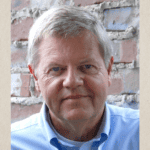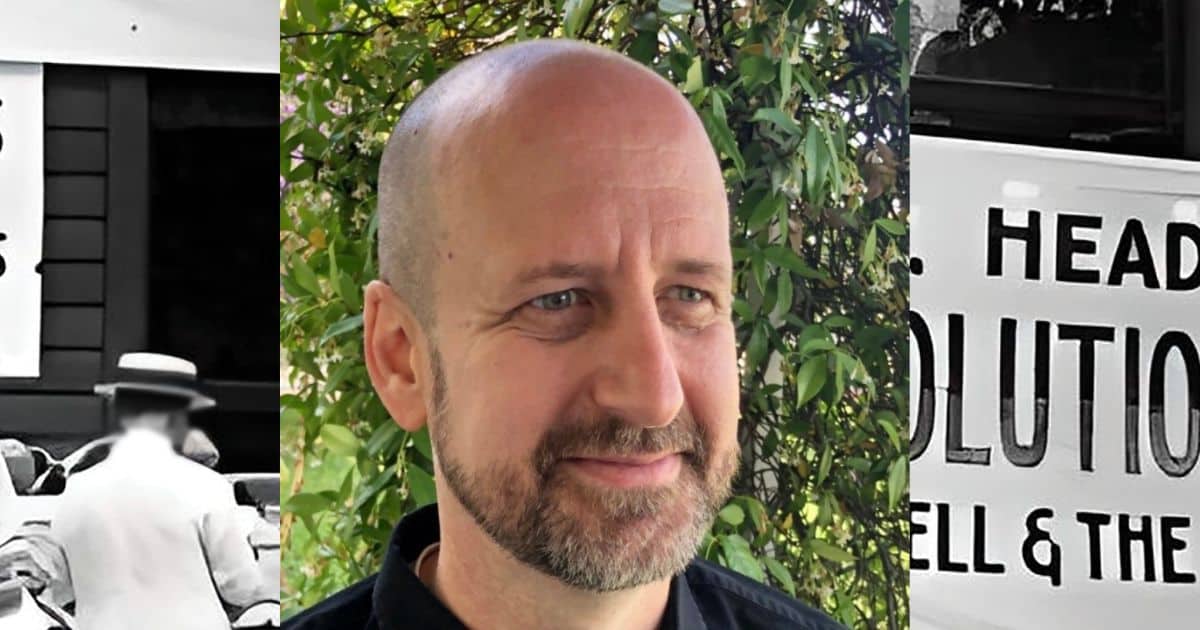
Madison Trammel is the author of Fundamentalists in the Public Square: Evolution, Alcohol, and Culture Wars after the Scopes Trial, which is part of the Studies in Historical and Systematic Theology series. Grounded in historical evidence, Fundamentalists in the Public Square offers a fresh take on the relationship between fundamentalism, evangelicalism, and the public square. Using documentary evidence from newspapers in the 1920s and 1930s, Trammel shows that fundamentalists remained fully active in seeking to transform the culture for Christ, and they remained so through the rise of Billy Graham’s ministry.
In our interview, Trammel divulges his secret talent for juggling and reciting US presidents, how Fundamentalists in the Public Square began, and his surprise at colorful newspaper articles.
Lexham Press: What is the story behind Fundamentalists in the Public Square and what is this book’s basic thesis?
Madison Trammel: My book started as a PhD dissertation, and the question I wanted to answer was whether 1920s fundamentalists in the United States retreated from public engagement following the Scopes Trial. In George Marsden’s foundational study, Fundamentalism and American Culture, he asserts that fundamentalists won the trial in the courtroom but lost in the court of public opinion and thus withdrew from social engagement in order to focus on building up their own institutions. Marsden’s book is wonderful, and fundamentalists certainly did engage in institution-building, but I doubted that fundamentalists retreated because of the trial, and I sought to demonstrate the opposite by looking at newspaper evidence. What I discovered was that fundamentalists, indeed, were not deterred by the trial but rather reenergized, coming out of it with a fervor for overturning the teaching of evolution elsewhere in the country and the world. Their efforts on this front were ultimately unsuccessful, but it wasn’t for a lack of belief and effort following the trial.
LP: What contribution do you hope to make with Fundamentalists in the Public Square?
Trammel: If interwar fundamentalists had retreated from social action, they would have been an anomaly in evangelical history, a departure from an otherwise consistent tradition of activism that includes both spiritual and social engagement. Historian David Bebbington has attributed four identifying characteristics to evangelicalism: biblicism, crucicentrism, conversionism, and activism. I hope my book demonstrates that interwar fundamentalists were not an aberration or sub-evangelical but rather as fully committed to these four evangelical distinctives as their predecessors and descendants.
I also hope my book contributes to a rethinking of the narrative of 20th century evangelicalism, which has often been told as a story of controversy between fundamentalists and modernists, followed by a fundamentalist retreat in the 1920s that continued until leaders like Carl Henry and Billy Graham led neo-evangelicals back into the public square in the 1940s. The newspaper accounts I studied suggest that this narrative is inaccurate. The question that remains is how the narrative should be reshaped and, if fundamentalists didn’t retreat following the Scopes Trial but did find themselves outside the halls of power by the time Henry wrote his Uneasy Conscience of Modern Fundamentalism, what was it that actually brought them to that point?
LP: Describe a particularly surprising or enjoyable aspect of writing Fundamentalists in the Public Square.
Trammel: I was surprised by how entertaining many of the newspaper articles were and by the colorful quotes they captured, both from fundamentalists and their secular opponents. Browsing through 1920s newspapers also provided a unique lens on the era as a whole. Even ephemera like advertisements for travel or medicine or used underwear (yes, there was a market for this kind of used apparel during the interwar period!) revealed much about the state of the nation and its concerns and values at the time.
LP: Share with us something surprising about yourself that only your friends would know.
Trammel: I can juggle, recite all the U.S. presidents in order from George Washington to Joe Biden, and was in my younger years a decent volleyball player.
